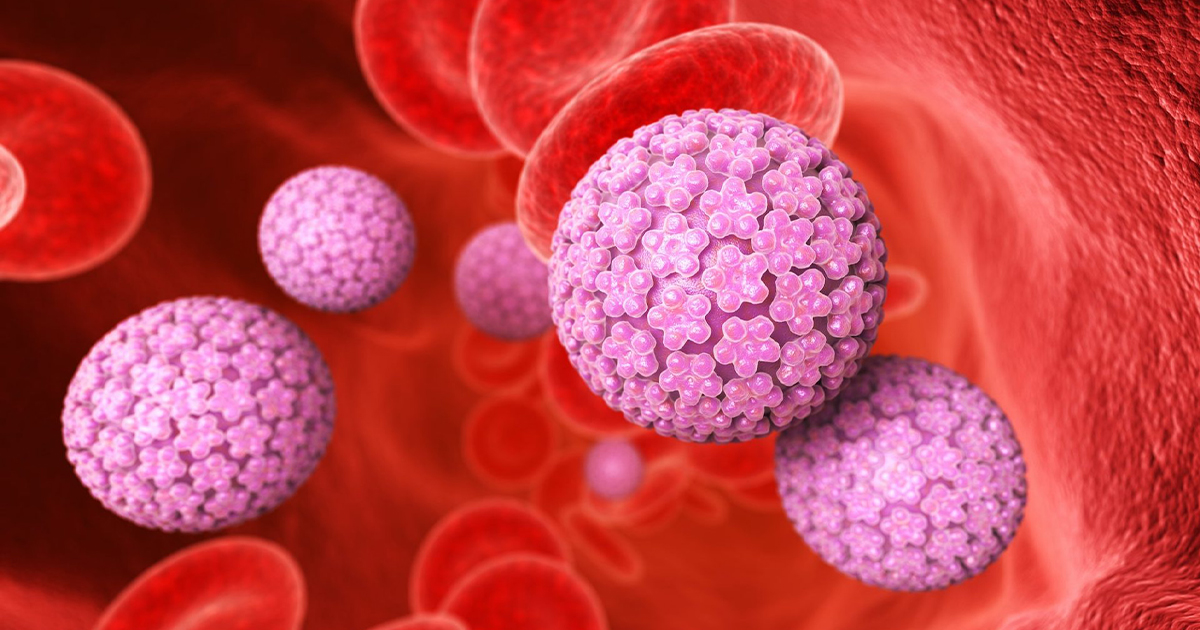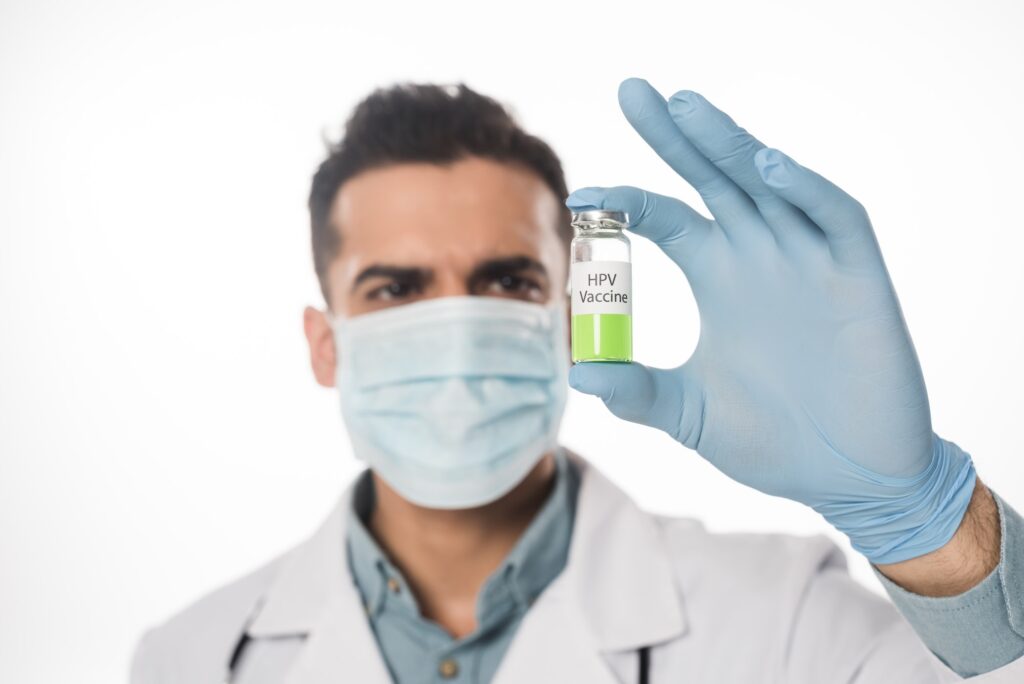Human Papillomavirus (HPV) is the name given to a large group of viruses. This virus group can cause papillomas, wart-like growths, and cervical cancer. HPV is primarily transmitted through sexual contact.
Symptoms may include warts on the genital area or anus, or cancerous growths in the mouth or throat. Many people with HPV do not show any symptoms. Therefore, most cases are asymptomatic, and many carriers do not know they have HPV.
How is Diagnosis Made?
Diagnosis is made by performing an HPV test when cellular changes are observed during a pap smear. If a high-risk virus is detected in the HPV test, a biopsy is performed.

How is HPV Transmitted?
HPV is an infection that can spread through blood and sexual contact, including oral sex. HPV is the most common sexually transmitted infection. Many people exposed to HPV can clear the infection within one to two years with their immune system. However, for some, the infection persists.
Persistent infection can lead to cancer.
How Can HPV Be Prevented?
A vaccine for HPV is available. It can be given to both boys and girls aged 9 and above. The vaccine is given in three doses. It is ideal for girls and boys to get vaccinated before being exposed to sexual contact.
To prevent HPV transmission during sexual activity, including oral sex, it is important to use condoms and oral barriers.
What Cancers are Associated with HPV?
Being infected with HPV increases the risk of several types of cancer. These include:
- HPV-related head and neck cancers, which mainly occur in the tonsils and the back of the tongue (also known as oropharyngeal cancers). About 70% of some head and neck cancers are oropharyngeal cancers caused by HPV. Men are three times more likely than women to develop head and neck cancer.
- Gynecological cancers, which affect female reproductive organs. HPV-associated cancers include cervical, vulvar, and vaginal cancers. HPV is also responsible for a precancerous condition known as cervical dysplasia.
- Rectal cancer, which affects both men and women. HPV is thought to be responsible for approximately 91% of anal cancers.
- Penile cancer, which is relatively rare, is thought to be caused by HPV in 63% of cases.

5 Things You Should Know About HPV
HPV is the most common sexually transmitted infection, and it may sound quite frightening: a common infection that can lead to cancer! However, do not worry.
- Talk to Your Doctor About HPV
Anyone who is sexually active may have been exposed to HPV. Increasing awareness can offer you options, and knowing that you have options can provide reassurance. Talk to your doctor and have regular Pap smear tests.
- Some Types of HPV are Linked to Cervical Cancer
While there are over 100 types of HPV, only a dozen or so are associated with cervical disease. HPV 16 and HPV 18 together account for 70% of all cervical diseases. Genital warts are a low-risk type of HPV and do not cause cancer.
Doctors monitor HPV through Pap tests, which look for abnormal cervical cells called lesions. Low-grade lesions, where the changes are only mildly abnormal, usually heal on their own. These are not considered precancerous.
All cervical cancers result from untreated, high-grade lesions containing precancerous cells. If your immune system is healthy, it usually takes about 10 to 15 years for a high-grade lesion to develop into cervical cancer. However, not all high-grade lesions progress to cancer—your immune system can eliminate them.
- The Risk of Cervical Cancer Due to HPV is Very Low
For 90% of women with HPV, the infection will resolve on its own within two years. Cervical dysplasia, where changes in the cervix cells occur, is a more common result of an HPV infection.
- HPV Can Also Cause Head and Neck Cancers
One of the biggest—but lesser-known—dangers of HPV is its spread to the throat through oral sex. This increases the risk of head and neck cancers. Getting vaccinated against HPV is crucial to prevent these types of cancers.
- Vaccines Save Lives
At least 20% of human cancers are caused by a specific infection. This means that preventing or treating the disease by helping the immune system recognize the infection is possible.
Getting the HPV vaccine can save lives.
For more information on IVF and women’s health, visit our blog. Please click here to visit our blog.

 EN
EN TR
TR
